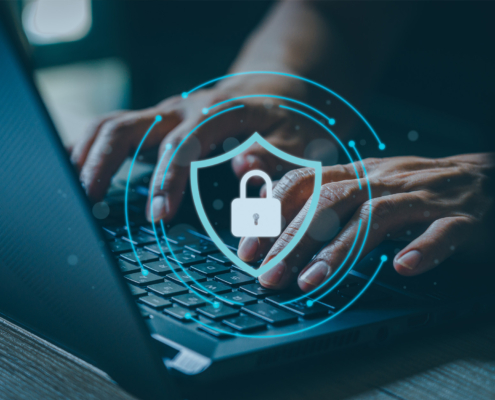Data protection protects critical information from breaches, unauthorized access, and theft. Virtual cybersecurity training arms employees with tools to handle data securely, regardless of location.
Data breaches can lead to significant losses, both financial and reputational. Training addresses these risks, transforming employees into an effective first line of defense. Employees learn to recognize phishing attempts and social engineering tactics that threaten data security.
Securing remote desktop environments calls for specific protocols. Training introduces remote workers to virtual private networks (VPN), multi-factor authentication, and secure file-sharing systems. These measures ensure that operations continue without compromising the integrity of company data.
Key aspects of data protection training include:
- Identification of sensitive data types and their importance.
- Understanding legal frameworks like the General Data Protection Regulation (GDPR).
- Best practices for securing data at rest and in transit.
- Use of encryption, strong passwords, and secure connections.
Virtual cybersecurity training provides essential resources:
- Guidelines on secure use of cloud services
- Protocols for handling data breaches
- Avenues for reporting potential security incidents











